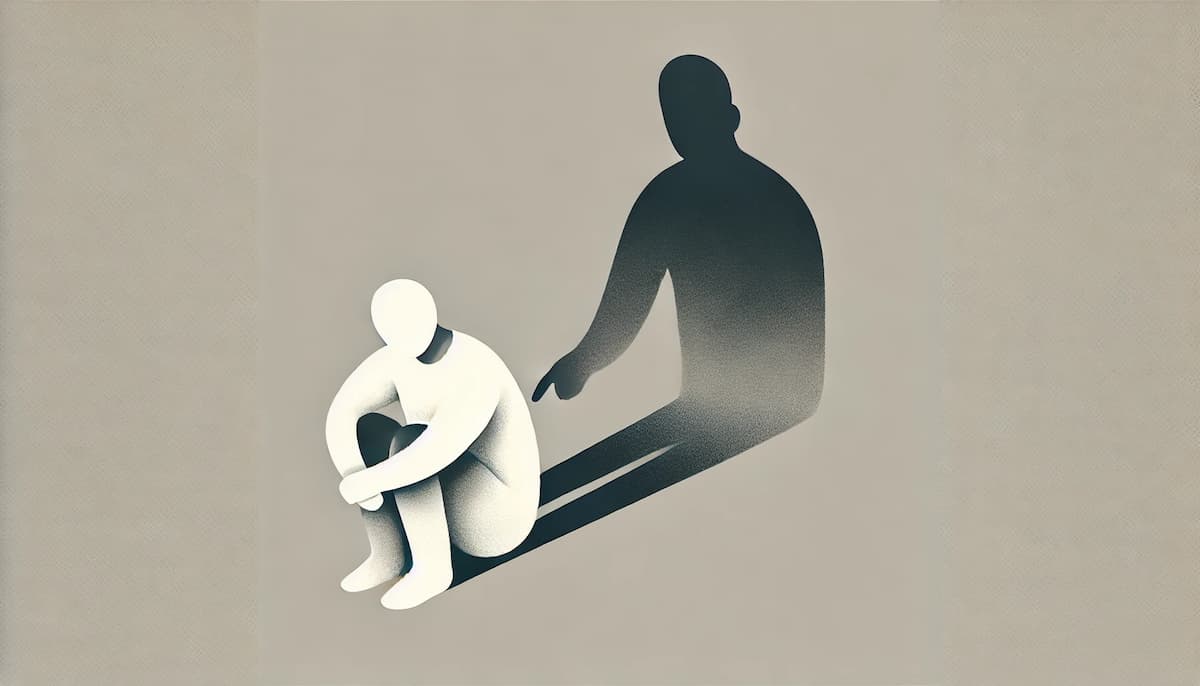Narcissistic rage is a complex emotional reaction often associated with narcissistic personality disorder (NPD), manifesting as intense anger or aggression when a person feels their self-esteem is threatened.
Understanding narcissistic rage
What is narcissistic rage?
Narcissistic rage refers to an extreme and often disproportionate reaction to a perceived slight or criticism.
It is a defensive mechanism rooted in a fragile self-image, commonly observed in individuals with narcissistic personality traits.
Such rage can range from explosive outbursts to passive-aggressive behaviours, depending on the individual’s personality and circumstances.
Although not exclusive to narcissistic personality disorder, it is frequently a hallmark of this condition and can serve as a lens to better understand broader narcissistic behaviours.
What triggers narcissistic rage?
Narcissistic rage is typically triggered by events or actions that threaten the narcissist’s sense of superiority or self-worth.
- Criticism, whether real or perceived.
- Being ignored or overlooked.
- Failure to meet high expectations.
- Jealousy or comparisons with others.
Even minor incidents, such as a casual remark or an unintended slight, can provoke a strong reaction.
Triggers often stem from deeply ingrained fears of inadequacy or rejection, which the individual may not consciously acknowledge.
Recognising the signs of narcissistic rage
Narcissistic rage can manifest in various ways, making it crucial to understand the signs for early recognition.
- Explosive anger: Sudden and intense outbursts that may include shouting or physical aggression.
- Passive aggression: Silent treatment, sarcasm, or indirect hostility.
- Blame-shifting: Refusal to accept responsibility, often deflecting blame onto others.
- Emotional manipulation: Guilt-tripping or attempting to control others’ responses.
These behaviours often serve to protect the narcissist’s ego and maintain their sense of control.
It is important to note that these signs may vary in intensity and frequency, depending on the individual and the specific context.
The impact of narcissistic rage on relationships
Frequent episodes of narcissistic rage can severely affect personal and professional relationships.
Partners, family members, and colleagues may feel emotionally drained, fearful, or resentful.
Over time, such interactions can erode trust and lead to long-lasting relational damage.
Key impacts include:
- Emotional instability: Constant unpredictability can create a stressful environment.
- Communication breakdown: Fear of triggering rage often results in avoiding honest discussions.
- Isolation: Friends and loved ones may distance themselves to protect their well-being.
The cumulative effects of narcissistic rage often extend beyond the immediate relationship, influencing the individual’s broader social and professional networks.
In severe cases, unchecked rage can contribute to patterns of abuse, further complicating the relational dynamics.
How to cope with narcissistic rage
Managing interactions with someone exhibiting narcissistic rage requires both emotional resilience and practical strategies.
Strategies for responding to narcissistic rage
- Stay calm: Maintaining composure can help de-escalate the situation.
- Set boundaries: Clearly communicate acceptable behaviour and enforce limits.
- Avoid personalising: Recognise that the rage is a reflection of their insecurities, not your actions.
- Seek support: Confide in trusted friends, family, or therapists to manage emotional stress.
Patience and consistent boundary-setting are essential when dealing with chronic patterns of rage.
It can also be helpful to develop a plan for handling particularly challenging interactions, ensuring that you prioritise your safety and well-being.
Self-care for individuals affected by narcissistic rage
Being exposed to narcissistic rage can take a significant toll on your mental health.
Practising self-care is vital to maintaining emotional balance.
- Engage in stress-relief activities such as meditation, exercise, or journaling.
- Limit contact if the behaviour becomes too overwhelming.
- Consider therapy to develop coping mechanisms and process your feelings.
Regularly checking in with yourself and addressing your emotional needs can prevent burnout and build resilience over time.
Therapeutic approaches to managing narcissistic rage
Professional treatment options
Individuals prone to narcissistic rage can benefit from therapeutic interventions that address the underlying causes.
- Cognitive-behavioural therapy (CBT): Helps individuals identify and challenge distorted thought patterns.
- Psychodynamic therapy: Explores unresolved childhood experiences contributing to narcissistic tendencies.
- Anger management programmes: Provides tools for recognising and controlling emotional outbursts.
Consistency in therapy can foster self-awareness and healthier emotional regulation.
In addition to individual therapy, family or group counselling can provide valuable insights and support for all parties involved.
Can narcissistic rage be prevented?
While completely preventing narcissistic rage may not be possible, creating a supportive environment can minimise its frequency and intensity.
- Encourage open communication without fear of judgment.
- Reinforce positive behaviours with praise and validation.
- Address potential triggers proactively to reduce conflicts.
Early intervention can play a crucial role in mitigating the long-term effects of narcissistic rage.
Educational efforts aimed at increasing awareness about narcissistic tendencies and their impact can also contribute to healthier interpersonal dynamics.
Conclusion
Narcissistic rage is a powerful emotional response driven by a fragile sense of self-worth, often causing significant harm to relationships and well-being.
Understanding its triggers, recognising its signs, and employing effective coping strategies are essential steps in managing its impact.
With professional help and consistent effort, individuals prone to narcissistic rage can develop healthier emotional responses, improving their relationships and quality of life.
For those affected by narcissistic rage, prioritising self-care and seeking external support can pave the way for recovery and resilience.






